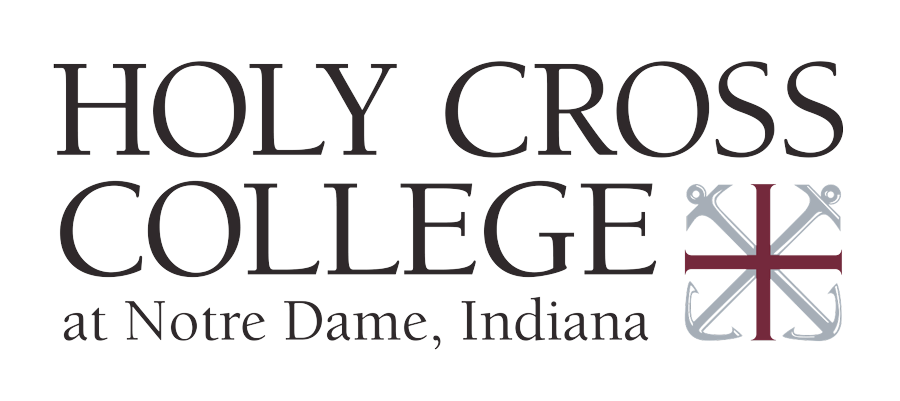FAFSA & IRS Direct Data Exchange (DDX)
Rather than importing tax information into the FAFSA using the previously used IRS Data Retrieval Tool (DRT), contributors will now consent to transfer their tax information through the IRS Direct Data Exchange (DDX). This will reduce the number of financial questions that most families will see on the FAFSA.
The student and all contributors must provide this consent and approval on the FAFSA in order to be eligible for federal student aid. Providing consent even applies to contributors who don’t have a Social Security Number, didn’t file 2023 taxes, or who filed taxes outside the US.
With giving consent to use the DDX, since the information comes directly from the IRS, it is considered “verified” for FAFSA purposes.
The contributors Federal Tax Return must be filed at least 2 weeks (if filing electronically) and 6 – 8 weeks (if filing a paper return) before using the FAFSA IRS Direct Data Exchange (DDX) to allow the IRS time to process the return.
Through the DDX process the IRS shares federal tax information (FTI) with the Department of Education and the colleges listed on the FAFSA to calculate a Student Aid Index (SAI). Every contributor on the FAFSA is required to consent to DDX, even if they didn’t file taxes, for the student to be eligible for federal financial aid.
Verification
Federal verification is a process that requires Holy Cross College to verify the accuracy of the information provided on the FAFSA of randomly selected applications.
If you have been selected for verification by the U.S. Department of Education, your financial aid award remains an estimate, and aid will not be disbursed until the verification worksheet is reviewed by the Office of Financial Aid.
If your 2025-2026 FAFSA was selected for verification, complete step 1 and any other steps if pertinent:
- Complete a dependent student verification worksheet, which asks about your household and sources of untaxed income. Students who’ve been assigned by the federal government as independent for financial assistance eligibility should complete an independent student verification worksheet.
- Provide 2023 U.S. federal tax return information for you and/or your parent(s). You may skip this step if you used IRS Direct Data Exchange (DDX) when completing the FAFSA. If you have not already provided this information directly from the IRS via the DDX, complete one of the following steps:
- Update the FAFSA using the IRS Direct Data Exchange (preferred)
- Send an official tax return transcript from the IRS to Holy Cross College
- Complete a student non-tax filer’s statement if you had earnings from work but did not and were not required to file a 2023 U.S. federal tax return.
- Complete a parent non-tax filer’s statement if your parents had earnings from work but did not and were not required to file a 2023 federal tax return. A Verification of Non-Filing Letter must be provided by the IRS as well.
Verification of Citizenship (if requested)
Your Student Aid Report may indicate you must submit proof of your citizen status to the Office of Financial Aid. In order to expedite the processing of your financial aid, please forward a copy (front and back) of your citizenship documentation to the Office of Financial Aid. We will review your file using the submitted document to award an unofficial financial aid package.
Per Federal Regulations governing the awarding of Federal Financial Assistance, it is permissible to make a copy of your citizenship documentation for this purpose. Prior to the disbursement of financial aid, you must present the original document in person for review.
If you are a new first-year student, we recommend bringing your citizenship document with you to SOAR when you register for classes. You are welcome to present the document earlier by visiting our office at your convenience.
Undocumented students (with or without DACA status) living in the U.S. are not eligible for Federal Financial Assistance and do not need to complete citizenship verification. To learn more about financial aid opportunities for undocumented students at Holy Cross, contact the Office of Financial Aid.
Acceptable Documentation
- Copy of student’s birth certificate showing U.S. birthplace
- Copy of U.S. passport, current or expired, except limited passports (which are typically issued for short periods, such as a year, and which don’t receive as much scrutiny as a regular passport when applying)
- Copy of U.S. passport card
- Certificate of Citizenship, including student’s name, certificate number, and the date the certificate was issued
- Certificate of Naturalization, including student’s name, certificate number, Alien Registration Number, name of the court (and date) where naturalization occurred
- Certification of Birth Abroad, form FS-545, DS-1350, or FS-240, including an embossed seal indicating “United States of America” and “State Department”
- Unexpired Permanent Resident Card or Resident Alien Card (Form I-551)
- Foreign passport including a Machine Readable Immigrant Visa (MRIV). The MRIV must appear in the holder’s unexpired passport and must be endorsed with an admission stamp and the statement “Upon endorsement serves as temporary I-551 evidencing permanent residence for 1 year”
- I-94 Arrival-Departure Record, must be stamped “Processed for I-551” with expiration date or “Temporary Form I-551 with appropriate information filled in.
- Form CBP I-94A, computer-generated form replaces, in many instances, but not all, the Form I-94 that was completed manually. The form must be annotated with designated field office with jurisdiction over the port of entry, the three-letter code located under the word “ADMITTED” indicating the port of entry and the stamp’s unique four-digit number
- United States Travel Document, containing the Reentry Permit, Form I-327, and the Refugee Travel Document (Form I-571)
Student Aid Index
The SAI is an eligibility index number that is provided through your FAFSA application using your federal tax information. Our financial aid office uses the SAI to determine how much federal student aid you would receive if you attended.
Using your SAI the financial aid office conducts a need-based analysis. The analysis takes into account your income and assets and those of your parents or spouse, if applicable.
The analysis formula used considers both taxed and untaxed income, as well as any assets and benefits received, such as unemployment or Social Security.
The Federal Student Aid Estimator estimates the SAI.
Your SAI is not the amount of money your family will have to pay for college, nor is it the amount of federal student aid you will receive. It’s a number used by Holy Cross to calculate the amount of federal and state need-based assistance you’re eligible to receive.
We will also use your SAI to determine eligibility for institutional (Holy Cross College) need-based assistance. An SAI can change from one year to the next, which is why the FAFSA must be completed annually.
IMPORTANT NOTICE FOR INDIANA RESIDENTS
In order to receive Indiana state grants, your FAFSA must be received by April 15. Not filing the FAFSA by this date could result in the loss of thousands of State-funded financial aid dollars that you otherwise would have been qualified to receive. Learn more about Indiana State grants.


